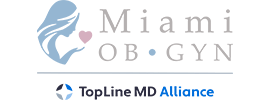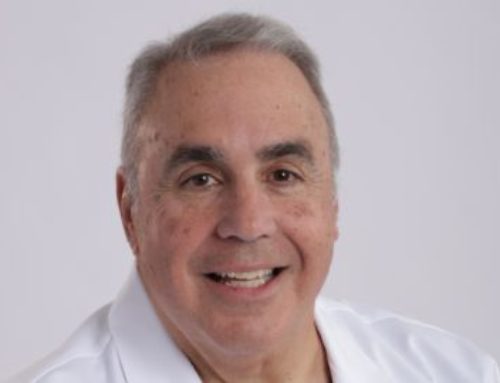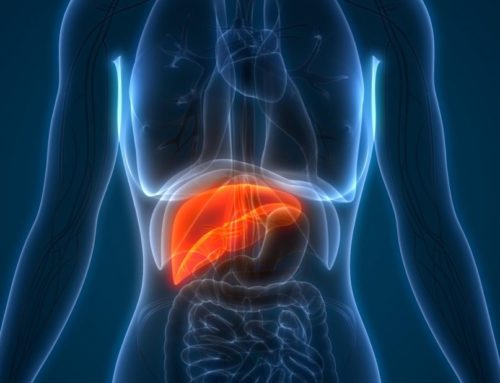Pediatricians recommend breastfeeding until baby is at least a year old — but many moms keep going beyond that. Discover the pluses of extended breastfeeding.
As the mother of eight children and a certified lactation counselor, Robin Elise Weiss knows just about everything there is to know about breastfeeding. When she was nursing her own children, she opted for “extended” or “full-term” breastfeeding, meaning she let each one nurse as long as he or she wanted. She describes her policy as “Don’t ask, don’t refuse.” That is, she didn’t offer to nurse, but she wouldn’t say no if they asked.
Track Baby’s milestones.
“Eventually, I’d wake up and say ‘Oh, you haven’t nursed in a month.’ And it’s not painful for either of us,” says Weiss, who writes extensively about breastfeeding and pregnancy.
The American Academy of Pediatrics recommends that babies breastfeed exclusively for the first six months, and then continue to nurse, along with introduction of solid foods, for the first year or “as long as is mutually desired by the mother and baby.”
Shop breastfeeding books.
Weiss regularly tells her patients that nursing has just as many benefits for a baby who is 18 or 24 months as it does for a newborn.
She shares the top benefits of extended breastfeeding.
1. It provides nutrition for the baby. “A lot of people think there is no nutritive value after a year, and that is just simply not true,” says Weiss. Regardless of how old your baby is, he or she will continue to benefit from the protein, calcium, fat, vitamin A, and other nutrients in breast milk. Weiss compares the nutrition benefits to a vegetable, like spinach. The amount of spinach you eat doesn’t take away from its nutritional value. Spinach, whether it’s your first serving or your 1,000th, is still good for you.
2. It boosts the immune system. Babies who breastfeed have decreased incidences of illness and lower mortality rates. The immunity benefits improve the longer a baby breastfeeds. “The longer you breastfeed, the less likely your baby is to have some of the illnesses that we associate with not breastfeeding, like ear infections and upper respiratory infections,” Weiss says. It makes moms healthier, too: Moms who breast-feed are less likely to have breast cancer. There’s also a reduced risk of ovarian cancer and endometrial cancer. The benefits are cumulative, meaning that if a mom breastfeeds two babies for two years each, the benefit is equal to that of a mom who breastfeeds four babies each for a year.
3. It makes moms healthier. Moms who breastfeed are less likely to have breast cancer. There’s also a reduced risk of ovarian cancer and endometrial cancer. The benefits are cumulative, meaning if a mom breastfeeds two babies for two years each, the benefit is equal to that of a mom who breastfeeds four babies each for a year.
4. It boosts brain development. Studies have shown that breastfeeding helps boost brain development in babies. And it’s not just from the nutrients: Weiss says that babies who nurse off of both breasts are put into different positions, and have the chance to look and reach in different directions. When moms bottle-feed babies, the instinct is to use the dominant hand and put the baby in the same position at every feed-ing. Weiss encourages moms who use bottles to switch things up, changing the position of the baby and the bottle, to help exercise the baby’s reach and mind.
5. It’s soothing to the baby. Breastfeeding is a chance for Mom and baby to connect, but it’s also a way of calming a baby in a stressful situation. Weiss says she’d rely on breastfeeding when her children fell down and hurt themselves. It gave her a way to distract and soothe the child, while also checking him or her out for cuts and bruises.
6. It’s calming for moms. Moms have a lot to do, and it’s easy to get caught up in work, chores, and family matters. Weiss says that she always loved the break that nursing brought. She knew it was a time just for her and the baby, and everything else could wait. “For me, breastfeeding was always my chance to sit down and calm down,” she says.
7. It’s convenient. Although extended breastfeeding does take some planning, Weiss says that it can also be much more convenient than formula. “I think probably the best salesperson for that is the crying baby and the frantic mom,” she says. “It’s a lot faster to unhook your bra and pull the baby close and nurse the baby,” she says. Plus, she adds, when your baby starts eating solid foods, the diapers get increasingly stinky. “So you have the convenience of a baby who’s not as smelly,” she says.
Source: Parents.com, Written by Kate Silver.





